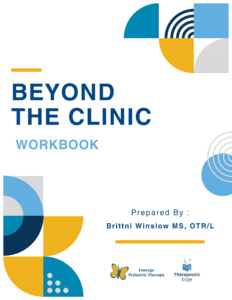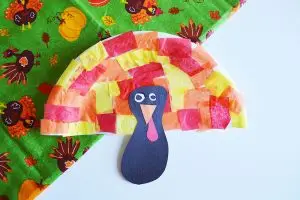

Many children struggle with difficulties in writing and math. When a child is smart and has a high IQ, struggling with something that comes so simply for other students in the class often leads to anxiety and low self-esteem. As with most learning disorders or learning disabilities, symptoms emerge at different times and each child shows signs at different times. Dyscalculia consists of difficulty understanding the abstract concept of HOW numbers relate to each other. The difficulty is compounded since mathematics is used in directions, keeping track of a schedule, cooking, time, measurement, and many other daily life tasks.
1) What IS Dyscalculia?
Those children (and adults) with dyscalculia are often quite intelligent. However, they struggle with losing track when counting, speak out loud or often draw pictures or visuals when completing math problems, have trouble with math facts, and demonstrate number skills that are below age level for at least six months. Additionally, they struggle with estimating (mental math), working with number lines, and formulas. One of my favorite videos to explain dyscalculia is here, on the National Center for Learning Disabilities website.
HOW is dyscalculia different from dysgraphia? Read our earlier blog post about DYSGRAPHIA here.
2) Know the Signs.
Preschool:
-difficulty sorting
-difficulty knowing how much of something there is (such as blocks)
-trouble learning time
-frustration playing games other children love (especially those involving counting)
-difficulty relating numbers to items
Elementary School:
-struggling with basic addition and especially subtraction
-progressing slowly learning math facts when the class has moved on to more complicated calculations
-unable to tell greater than and less than
-frustration or complaining of ‘hating’ math
-appear disorganized with time and schedules
-word problems are extremely difficult
-mixing up right and left
-trouble with place value
Middle School:
-gets lost easily and has trouble with directions to find a certain location
-difficulty using graphs, maps, number lines, charts, and other space/time awareness
-complains of difficulty with math class but appears to know the concepts or is intelligent in other areas.
-unable to gauge the size of a crowd or group of people
-time management becomes an issue
High School:
-driving or gauging speed is difficult
-word problems, temperatures, time, and speed cause stress or frustration
-budgeting difficulties
-is often late or misses events
-cannot complete ‘simple’ math facts
3) Use manipulatives when teaching math.
Place value cubes, working with number magnets, colorful clocks, play money, calculators, and apps that help children to have fun while learning math.
One of the best adaptations to try is graph paper. Begin with large squares and show kids how the numbers line up correctly. The visual lines help keep the letters and numbers straight. As math concepts get more difficult, switch to smaller-sized squares.
GAMES: Play games such as checkers, connect four, Candyland, those using matching dots or colors with the number of spaces to move, and Uno.
4) Learn and ask for accommodations at school. ‘Out of the POCKET’ School Ideas-
‘Out of the POCKET’ School Ideas-
-Access to a tutor who is familiar with learning disorders
-Extra time on tests
-Access to calculators and visuals
-Provide a list of formulas
-review concepts frequently
-Use a highlighter or allow the student time to circle the keywords in word problems
Emotional awareness, the ‘spidey sense,’ and body awareness are all included in INTEROCEPTION~the eighth sensory system answered in one handy resource. Our best-selling book answers all of your questions about this sense.
5) Understand stress and anxiety.
There’s nothing worse than knowing you struggle with something but cannot express it or don’t even know why you’re struggling. This is often the case when children have learning disorders. Know the signs and symptoms of stress and worry in your child. Look for gaps between things you KNOW your child can do and what she actually does during homework time or in the classroom. Provide encouragement and understanding.
Finding a counselor or tutor who is familiar with learning disorders helps. Sometimes, school counselors have peer groups to help support students who are struggling with similar issues.
Please add any strategies that have worked for your child.



